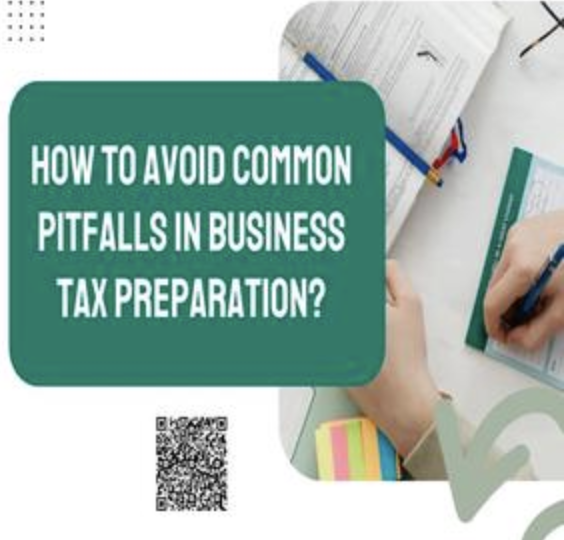Financial Thinking: Smarter Spending Decisions
For individuals with considerable wealth, “intelligent spending” is not centered around reducing expenses; it focuses on matching every dollar to long-term benefits. A financial mindset shifts buying behavior from spontaneous pleasures to calculated decisions that maintain wealth and improve quality of life. It does not involve rejecting luxury, but rather embracing purchases that provide immediate enjoyment and enduring value.
“Value Per Use” Over Price Tag
Rather than concentrating on the cost shown on the label, wise buyers prioritize the value derived per usage. A tailored suit costing $10,000 that is utilized 50 times for professional gatherings has a cost of $200 each time it is worn, which is significantly better compared to a $5,000 fashionable suit that is worn only 5 times at $1,000 each wear. High-end products that are well-made, adaptable, or timeless—such as a traditional Hermès scarf or a top-tier watch—offer greater long-term value than transitory fashions. This perspective transforms “costly” into “worthwhile.”

Consumption as “Wealth Protection”
Certain acquisitions serve as hidden tools for wealth protection. A historical property situated in a sought-after area, a collection of exclusive wines, or even a classic vintage Rolex is not just utilized; its value frequently increases. Wealthy consumers merge spending with investment strategies: they find joy in these items today while allowing them to either maintain or appreciate in value over time. This is spending that benefits you rather than detracts from your finances.
Avoiding the “Status Tax” Pitfall
The term “status tax” refers to the extra cost associated with branding or exclusivity that adds no real value. For instance, a $5,000 branded t-shirt costs ten times more than an unbranded shirt of the same quality. A financial perspective assists in recognizing this: consider whether the price reflects genuine craftsmanship, rarity, or merely advertising. Smart shoppers prefer subtle luxury—products of exceptional quality with minimalist branding—in order to steer clear of excessive status costs.

“Lifetime Cost” Compared to Initial Price
Many high-income earners fail to consider lifetime expenses. A budget-friendly private jet might appear cheap at the outset, but ongoing costs for maintenance, fuel, and crew can deplete funds over time. On the other hand, a pricier yet fuel-efficient model can ultimately save money over the long haul. In real estate, vehicles, or technology, evaluating total expenses (maintenance, insurance, depreciation) over a span of 5 to 10 years uncovers the genuine value of any purchase.
Spending to “Gain Time” as an Investment
For the wealthy, time is the most precious resource. A financial mindset redefines time-saving expenditures as investments: employing a personal assistant, hiring a private chef, or acquiring a subscription to a premium travel service can free up valuable hours for high-priority tasks (business negotiations, spending time with family, personal pursuits). If hiring a personal assistant enables you to secure one additional lucrative agreement, that results in a significant return on your investment. This reframes the concept of spending from “cost” to “enhancer of productivity.”

Ultimately, financial insights emphasize intentionality over frugality. They empower individuals who indulge in luxury to appreciate high-quality experiences while ensuring that their expenditures contribute to wealth accumulation rather than depletion. The objective is to ensure that every acquisition enriches both current enjoyment and future financial stability.
(Writer:Seli)





